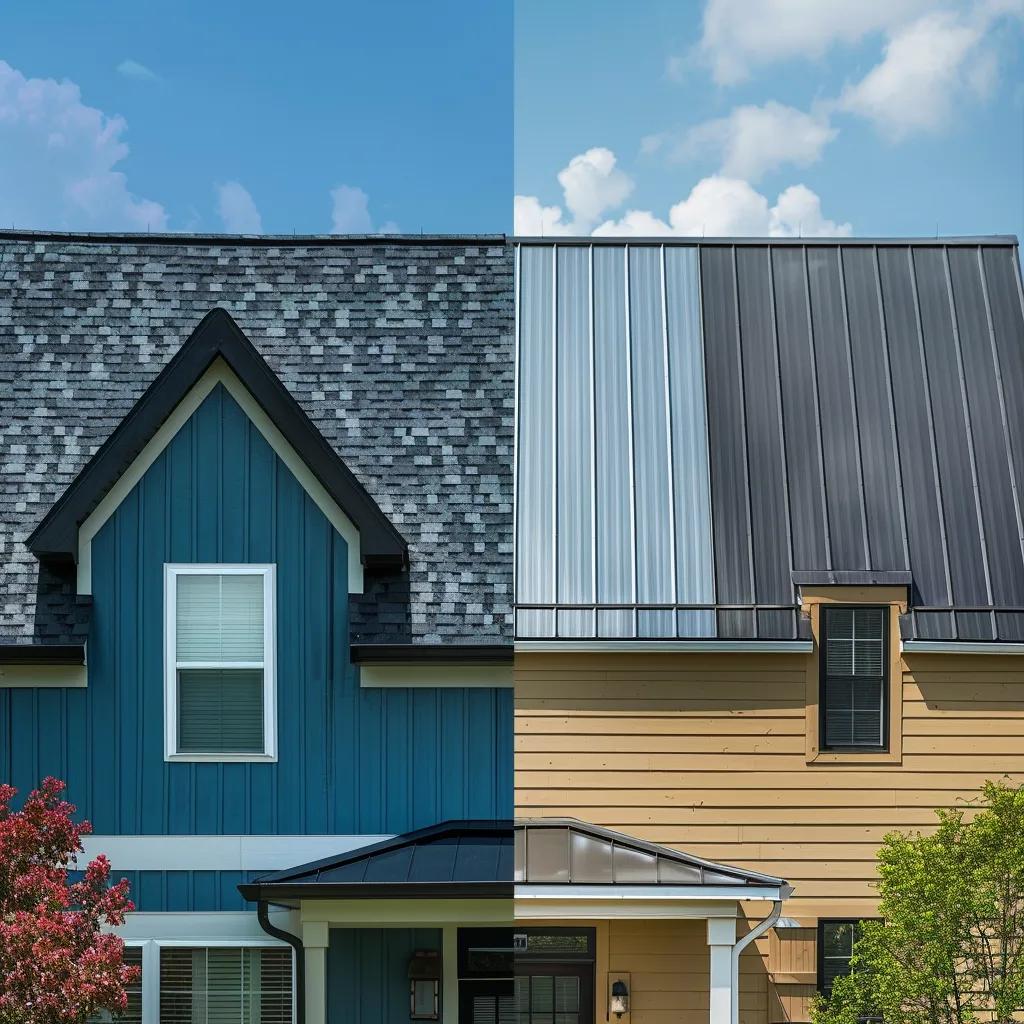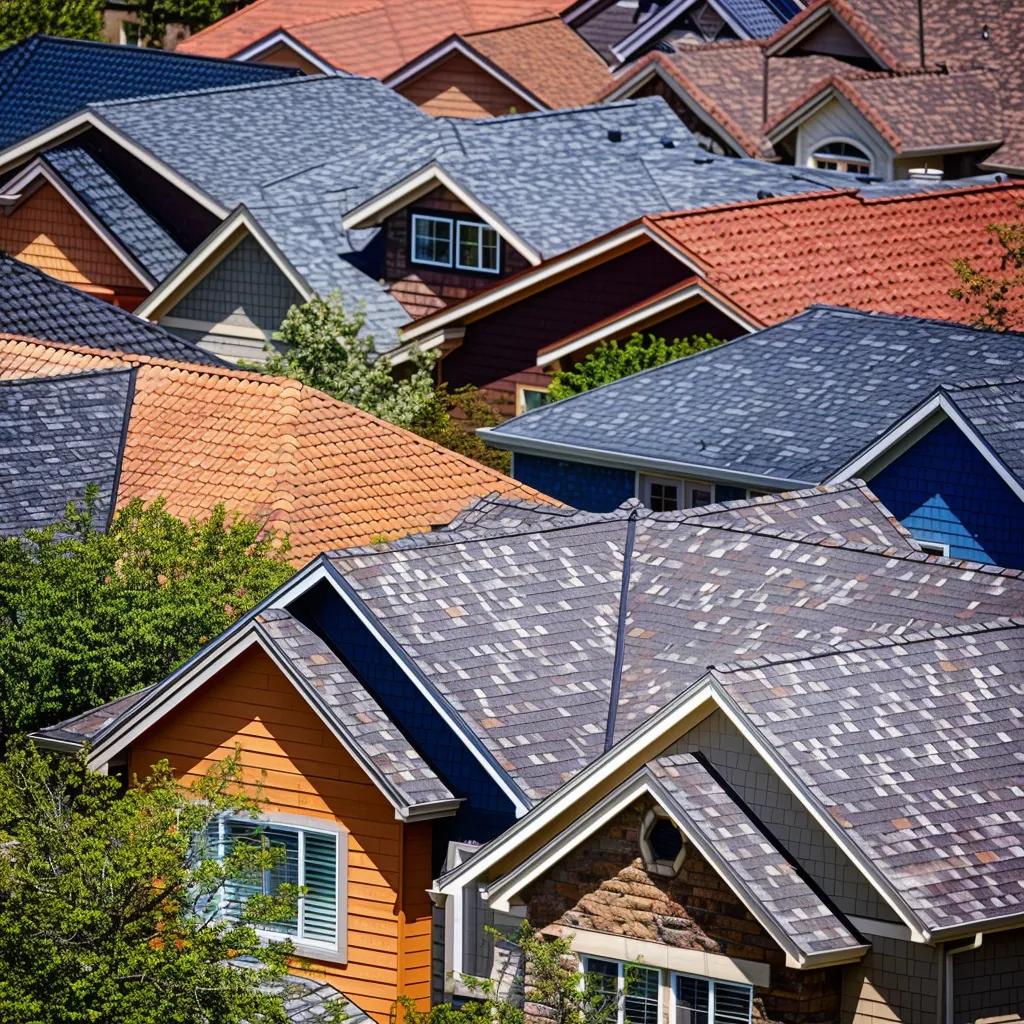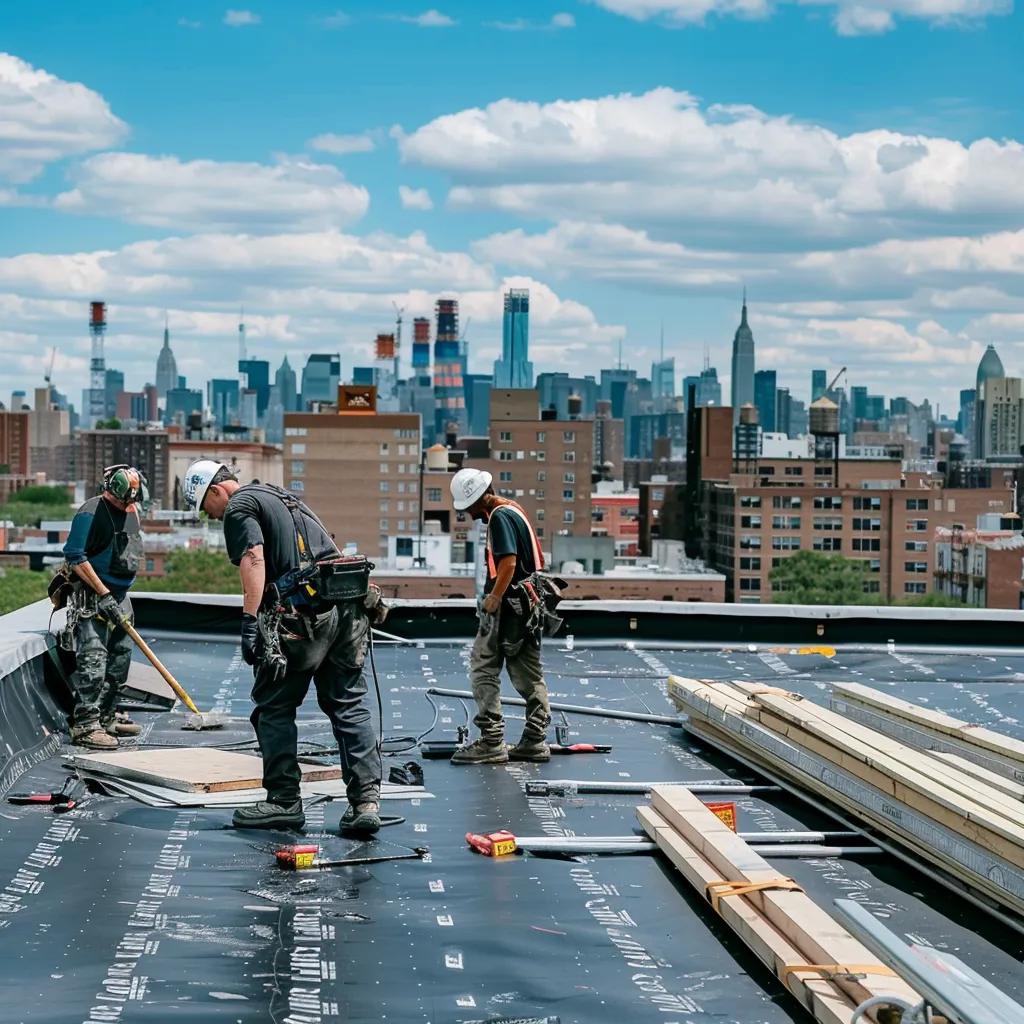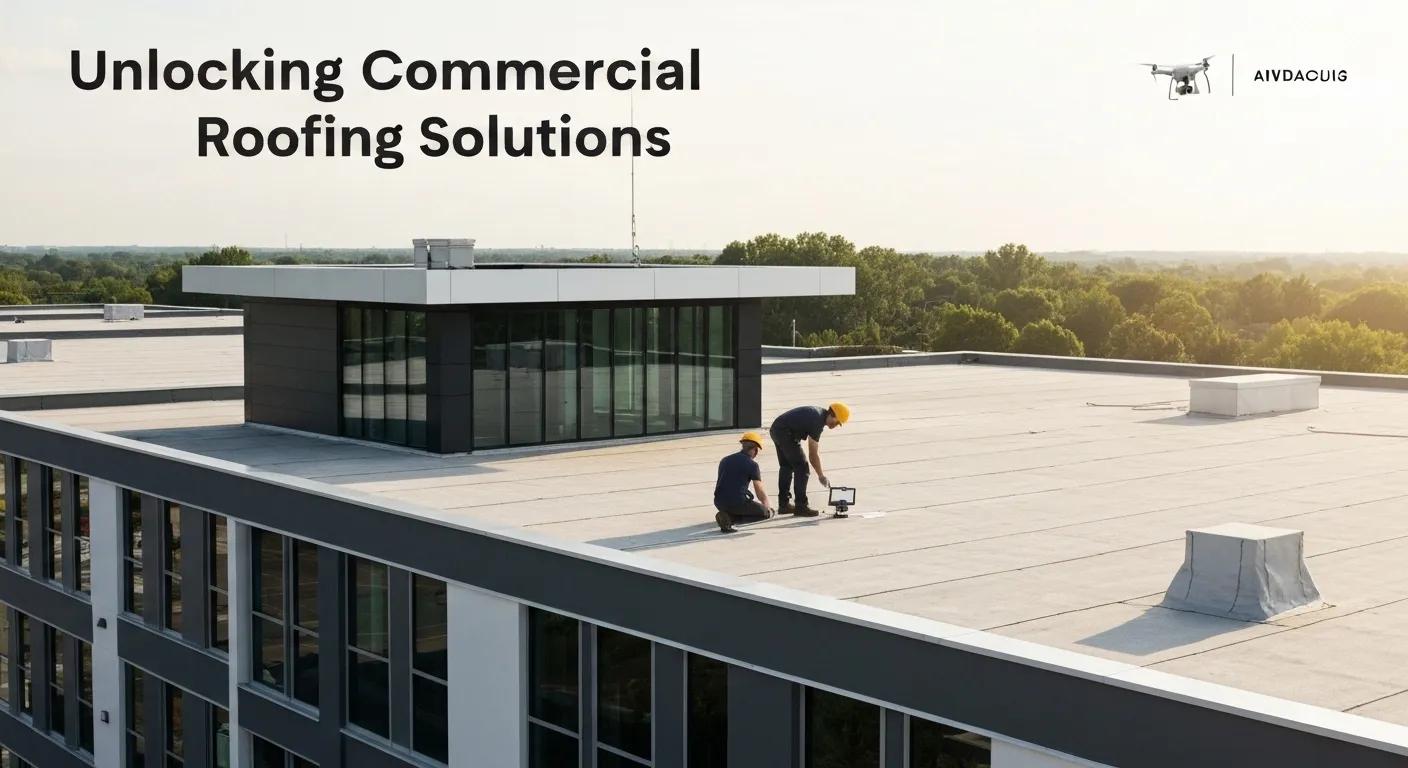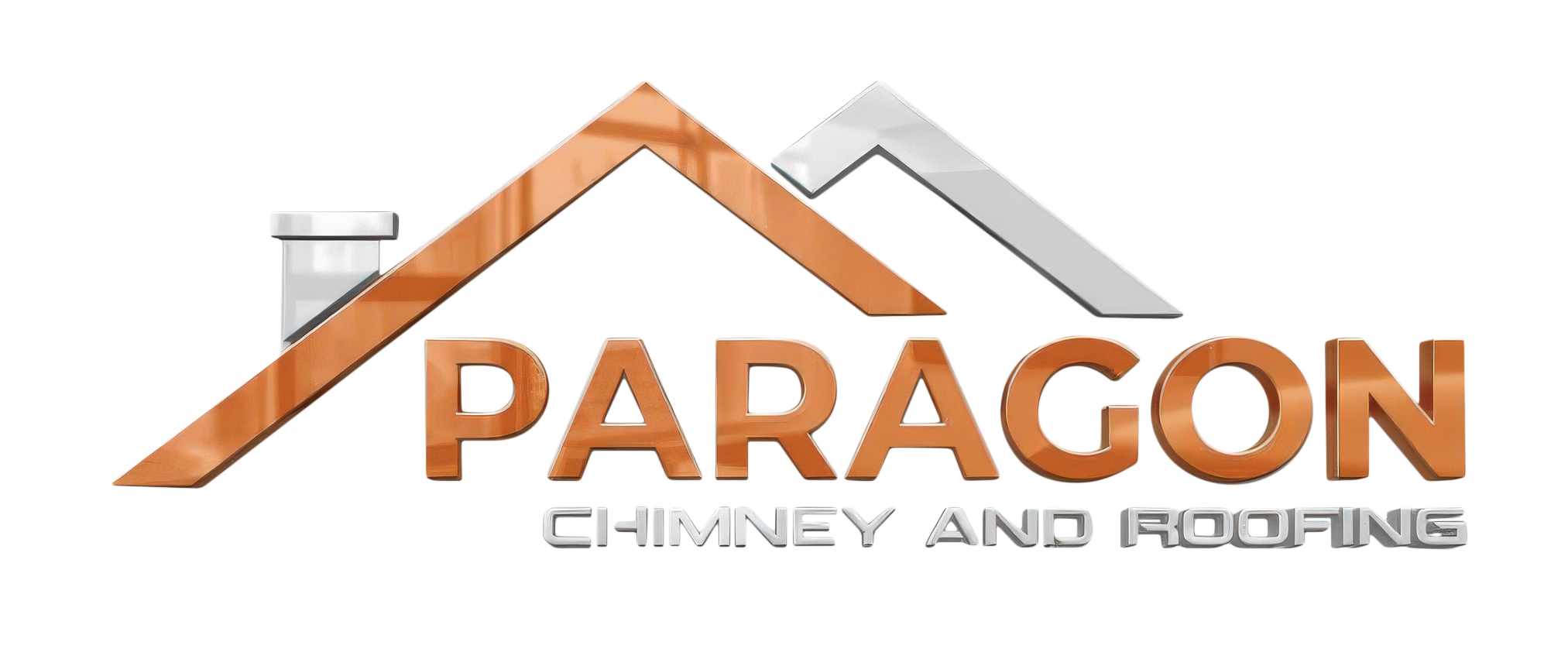A Guide to Brooklyn’s Commercial Roofing Materials Choices
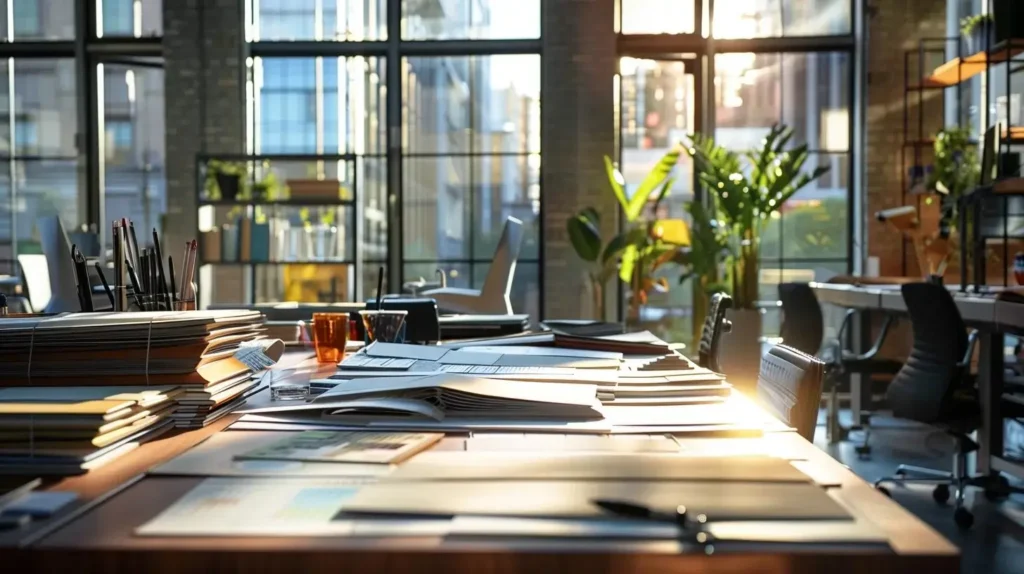
Brooklyn commercial roofing projects require careful material selection for durability, energy efficiency, and code compliance. Roofing options must withstand harsh urban weather, including intense ultraviolet exposure and heavy precipitation, while providing a cost-effective solution. This article addresses key questions regarding performance, cost, sustainability, manufacturer reliability, and installation strategies to assist property owners in making informed decisions.
When it comes to Brooklyn commercial roofing projects, the selection of materials is paramount for ensuring durability, energy efficiency, and compliance with local building codes. The urban environment presents unique challenges, such as exposure to intense ultraviolet rays and heavy precipitation, making it essential for property owners to choose roofing solutions that can withstand these harsh conditions.
A well-chosen roofing system not only provides essential protection but also contributes to the overall energy efficiency of the building, helping to reduce operational costs over time. With numerous options available in the market, it is crucial for decision-makers to consider various factors including performance attributes, sustainability, and compliance with city regulations, ensuring a sound investment for the future.
In addition to material durability and energy efficiency, property owners must also weigh considerations regarding costs and manufacturer reliability. Selecting reputable manufacturers that prioritize quality can safeguard against premature failures and warranty issues down the line. This article aims to equip property owners with key insights into the complexities of commercial
, touching on effective installation strategies and the long-term value of different roofing materials. By addressing these vital concerns, Brooklyn property owners can make informed decisions that align with their budget, sustainability goals, and the specific demands of their urban environment, ultimately leading to successful roofing installations that enhance both property value and client satisfaction.
What Are the Most Common Commercial Roofing Materials Used in Brooklyn?
Brooklyn commercial buildings typically use a range of roofing materials. The most common include thermoplastic polyolefin (TPO) roofing, ethylene propylene diene monomer (EPDM) roofing, modified bitumen systems, metal roofing, and built-up roofing. Each type is selected for its physical durability, reflective efficiency to reduce urban heat island effects, and compatibility with local building codes.
In the vibrant borough of Brooklyn, commercial buildings showcase an array of roofing materials, each chosen for its unique properties and performance characteristics. Among the most prevalent options are thermoplastic polyolefin (TPO) and ethylene propylene diene monomer (EPDM) roofing systems. TPO is celebrated for its energy efficiency and reflective qualities, which help minimize the urban heat island effect by reducing the amount of heat absorbed by buildings.
Similarly, EPDM roofs are highly favored for their incredible durability and resistance to extreme weather conditions, making them a reliable choice for long-term commercial use. These materials not only enhance the sustainability of urban structures but also comply with local building codes, ensuring that business owners can meet regulatory requirements without sacrificing performance.
In addition to TPO and EPDM, modified bitumen systems, metal roofing, and built-up roofing are also popular in Brooklyn’s commercial landscape. Modified bitumen systems, known for their resilience and flexibility, are ideal for various roof slopes, while metal roofing offers a combination of longevity and sleek aesthetics that appeals to many businesses.
Built-up roofing, known for its multilayered structure, offers outstanding weather resistance and thermal insulation—making it a smart choice for roofing Brooklyn commercial properties. These roofing solutions are chosen for their durability and performance, reflecting our commitment to quality workmanship and client satisfaction. By selecting the right materials, Brooklyn business owners can extend the life of their roofs while supporting a more sustainable and resilient urban landscape.
How Does TPO Roofing Perform in Brooklyn’s Climate?
TPO roofing is popular for its excellent reflective properties and energy efficiency. It reflects ultraviolet radiation, reducing heat absorption—beneficial during hot summers and frequent solar exposure. In addition, TPO’s resistance to chemicals and punctures minimizes water damage from heavy storms, with studies noting a reduction in interior temperatures by up to 10°F compared to traditional roofs.
What Are the Benefits of EPDM Roofing for Brooklyn Commercial Buildings?
EPDM roofing membranes, a type of synthetic rubber, are valued for their durability and flexibility. They perform well in extreme temperature fluctuations, resist ozone and UV damage, and are installed seamlessly to reduce leaks. Low cost and minimal maintenance make EPDM a practical choice for budget-conscious projects.
Why Choose Modified Bitumen for Your Brooklyn Project?
Modified bitumen systems combine traditional asphalt with modern polymers for improved adhesion, flexibility, and puncture resistance. Engineered to handle Brooklyn’s variable weather—ranging from seasonal freezing to intense rains—these systems are available in rolls with multiple layers that enhance water barrier effectiveness. Their long track record makes them reliable for long-term performance and simple repairs.
How Does Metal Roofing Compare for Commercial Use in Brooklyn?
Metal roofing offers exceptional longevity and corrosion resistance. Often fabricated from aluminum, steel, or copper, metal roofs excel in withstanding hail, high winds, and heavy snowfall. Their reflective surface reduces cooling costs by reflecting sunlight, and overall life-cycle costs are lowered with extended warranties and minimal maintenance requirements. For fire resistance and sustainability, metal roofs are an excellent urban option.
What Is Built-Up Roofing and When Is It Ideal for Brooklyn Projects?
Built-up roofing (BUR), sometimes known as “tar and gravel” roofs, consists of multiple layers of bitumen and reinforcing fabrics topped with aggregate. This traditional system is well-suited for low-slope roofs, offering superior waterproofing and resistance to foot traffic and mechanical damage. Especially valuable for retrofitting older commercial structures, BUR’s multi-layer protection effectively combats water penetration due to thermal expansion and contraction.
How Do Brooklyn Building Codes and Weather Conditions Affect Roofing Material Choice?
When considering roofing material options in Brooklyn, property owners must prioritize both local building codes and the area’s unique climate. Brooklyn’s weather includes heavy snow in the winter, high humidity in the summer, and the threat of intense storms—each of which demands thoughtful material selection. Choosing roofing solutions that are durable and weather-resistant helps ensure long-term performance while staying compliant with New York City roofing regulations.
Building codes in NYC are strict and require roofing materials to meet specific standards in fire resistance, insulation, and structural integrity. Compliance is critical not only for legal approval but also for protecting homes against the wear and tear caused by Brooklyn’s shifting seasons. A properly selected roof can resist weather damage while maintaining safety and energy efficiency.
Different materials offer varying benefits. Asphalt shingles are widely used for their affordability and versatility, but they must be installed with proper ventilation to prevent heat-related deterioration. On the other hand, metal roofing stands out for its ability to withstand extreme conditions and efficiently shed snow and rain. Understanding these differences allows Brooklyn homeowners to make informed choices based on performance and environmental factors.
Beyond function and compliance, the right roofing material enhances property value and curb appeal. A well-chosen roof improves energy efficiency, protects your investment, and can make a strong visual impact. For Brooklyn homeowners, these decisions lead to lasting satisfaction and peace of mind, knowing their roof is built to perform under pressure.
In summary, strict New York City codes and Brooklyn’s challenging weather heavily influence roofing design, material selection, and installation methods. Homeowners who consider both regulatory and environmental factors are more likely to achieve durable, efficient, and compliant roofing solutions tailored for the demands of Brooklyn living.
What NYC Building Code Requirements Apply to Commercial Roofs?
NYC building codes specify fire resistance ratings, load-bearing capacities, and insulation levels. Roof systems must include proper drainage, wind uplift resistance, and energy-efficient measures compliant with green building standards. Materials must meet UL and ASTM certifications to ensure safety and support the city’s energy conservation efforts.
How Does Brooklyn’s Weather Influence Roofing Material Durability?
Brooklyn’s humid summers, cold winters, and rapid temperature changes place significant stress on roof materials. Ultraviolet exposure degrades membranes and freeze-thaw cycles can lead to expansion and contraction. Heavy rainfall and occasional snow further increase the risk of water penetration. Thus, durability against thermal shock, water ingress, and physical wear is a crucial consideration.
Are There Specific Material Restrictions or Recommendations for Brooklyn Projects?
Due to local codes and climate, roofing materials must withstand high wind loads and thermal variations. Reflective, energy-efficient membranes like TPO and EPDM are often recommended for their ability to reduce urban heat island effects. Fire-resistant options, including metal and modified bitumen, are preferred in high-density zones, along with adherence to restrictions on certain adhesives or additives.
What Are the Cost Considerations for Commercial Roofing Materials in Brooklyn?
Cost efficiency is vital as roofing material expenses form a significant part of the overall budget. Evaluations consider initial pricing, installation labor, warranty support, and long-term maintenance expenses.
How Do Material Costs Compare for TPO, EPDM, and Metal Roofing?
TPO and EPDM typically offer moderate initial costs with low maintenance, while TPO also contributes energy savings by reducing cooling expenses. Metal roofs, despite higher upfront costs, deliver economic benefits over time due to longevity and minimal maintenance needs. The following table summarizes key cost factors:
| Roofing Material | Approximate Cost per Square Foot | Maintenance Cost | Lifespan Estimate |
|---|---|---|---|
| TPO | $5 – $7 | Low | 20-30 years |
| EPDM | $4 – $6 | Low | 25-30 years |
| Metal Roofing | $7 – $12 | Very Low | 40-70 years |
What Are Typical Labor and Installation Costs in Brooklyn?
Labor costs in Brooklyn are affected by local wages, roof design complexity, and accessibility challenges in historic or dense areas. Installation costs can add an extra 30–50% to the material expenses. Standardized procedures for TPO and EPDM, or more complex layering for modified bitumen, influence these costs. Efficient scheduling and contractor vetting help manage overall expenses.
How Can Project Financing and Budgeting Affect Material Selection?
Financing options, such as commercial loans or refinancing, allow property owners to invest in higher-quality materials with better long-term returns. Lower operational costs from energy-efficient options like TPO further justify the initial investment despite higher upfront prices.
How Do Sustainability and Energy Efficiency Influence Commercial Roofing Choices in Brooklyn?
In Brooklyn’s dynamic commercial landscape, the growing emphasis on sustainability and energy efficiency significantly influences roofing choices. Businesses are increasingly focused on enhancing operational effectiveness while demonstrating environmental responsibility. With rising regulations and incentives promoting green building practices, commercial property owners are turning to roofing systems that align with their sustainability goals.
Experienced roofing professionals recognize the importance of using materials that are both durable and energy-efficient. Options like insulated roofing panels and reflective membranes help reduce energy consumption for heating and cooling, while also extending the lifespan of the roof. These systems not only meet functional demands but also support long-term value and cost savings for Brooklyn businesses.
Beyond energy efficiency and code compliance, sustainable roofing choices can elevate the aesthetic and market appeal of commercial buildings. Eco-conscious clients and modern consumers appreciate businesses that prioritize environmentally responsible practices. This not only strengthens brand perception but also helps attract and retain green-minded customers.
Reliable roofing contractors in Brooklyn are committed to delivering tailored, high-quality solutions that meet both environmental and functional expectations. By staying informed on the latest materials and installation techniques, they help guide businesses toward decisions that balance performance, durability, and eco-consciousness.
Sustainability is no longer optional—it’s a strategic advantage. In Brooklyn, green roofing systems help mitigate the urban heat island effect, reduce energy consumption, and contribute to achieving LEED certifications. These environmentally friendly practices drive both long-term savings and measurable improvements in a building’s ecological footprint.
What Are the Benefits of Green Roofs and LEED-Certified Materials?
Green roofs, featuring vegetation over waterproof membranes, provide natural insulation and reduce cooling costs. LEED-certified materials align with strict environmental standards, reducing stormwater runoff and enhancing occupant wellbeing. Tax incentives and rebates further promote the adoption of these systems.
How Do Different Materials Impact Energy Savings for Brooklyn Buildings?
Roofing materials like TPO and metal, with high reflectivity, can substantially decrease energy consumption by reflecting solar radiation. EPDM, when combined with proper insulation, helps stabilize indoor temperatures. Optimally installed systems may offer energy savings of up to 20%, contributing to overall operational efficiency.
Can Roofing Materials Contribute to Brooklyn’s Environmental Goals?
Yes, choices such as recycled materials, green roofs, and reflective membranes reduce carbon footprints and lower energy needs. These sustainable practices support local green building initiatives aimed at enhancing air quality and managing stormwater pollution, aligning with the city’s broader environmental goals.
Which Manufacturers and Brands Offer the Best Commercial Roofing Materials for Brooklyn Projects?
Selecting a reputable manufacturer is essential for long-term performance. Brooklyn property owners should prioritize brands with strong market presence, extensive warranties, and reliable technical support. Leading brands address the challenges of urban roofing and comply with NYC standards.
What Are the Top Roofing Material Brands Used in Brooklyn?
Industry leaders such as GAF, Firestone Building Products, and Owens Corning are recognized for high-quality membranes, metal panels, and modified bitumen systems. Their extensive warranty coverage, ranging from 20 to 50 years, provides assurance of long-term stability and performance.
How Do Manufacturer Warranties and Support Affect Material Choice?
Manufacturer warranties indicate material reliability. Warranties on TPO and EPDM, for example, cover tensile strength, puncture resistance, and UV degradation. Excellent after-sales support and clear maintenance guidelines help avoid costly repairs, making premium pricing justifiable.
Are There Local Suppliers or Distributors in Brooklyn?
Brooklyn benefits from local suppliers who provide timely deliveries, technical support, and on-site assessments. Their deep understanding of NYC construction standards helps ensure that products are tailored to local environmental conditions and regulatory demands.
What Are the Best Practices for Installation, Maintenance, and Repair of Commercial Roofs in Brooklyn?
Proper installation, regular maintenance, and prompt repairs are key to extending roof life. Each roofing material requires specific installation protocols to maximize performance and durability according to urban challenges.
How Does Proper Installation Affect Material Performance?
Correct installation is crucial for optimal material performance. TPO and EPDM systems require strong seam adhesion and adequate insulation to prevent water infiltration. Modified bitumen needs careful layering for waterproofing. Hiring experienced roofing contractors minimizes future repair costs and ensures longevity.
What Maintenance Is Required for Different Roofing Materials?
Maintenance varies by material. EPDM roofs need periodic cleaning, while metal roofs are inspected for corrosion and loose fasteners. Built-up roofs may require more frequent checks for cracks or water pooling. Routine inspections and minor repairs can prevent major issues and extend the roof’s service life.
When Should Repairs or Replacements Be Considered?
Repairs should begin when leaks, blistering, or significant wear are detected. Regular inspections help identify issues early; replacement is recommended when repair costs exceed about 50% of the roof’s value or when the roof nears the end of its lifespan. In Brooklyn’s harsh weather, proactive management is vital.
How Can Brooklyn Businesses Choose the Right Commercial Roofing Contractor?
Selecting the right contractor is crucial for timely, budget-compliant projects that meet NYC building codes. Experienced contractors not only install roofs properly but also guide material selection and maintenance planning.
What Should You Look for in a Brooklyn Commercial Roofing Company?
Key qualifications include proven expertise, positive reviews, valid licensing, and comprehensive insurance. Contractors should provide detailed proposals, transparent cost structures, and post-installation support. Familiarity with local building codes and challenges is essential.
How Do Contractors Tailor Solutions to Brooklyn’s Unique Needs?
Local contractors customize roofing solutions based on Brooklyn’s weather patterns, historical structures, and regulatory requirements. They consider wind loads, ultraviolet exposure, and drainage needs, incorporating specialized flashing systems or extra insulation as needed to ensure optimal performance.
What Questions Should You Ask Before Hiring a Roofing Contractor?
Ask about previous Brooklyn projects, warranty details, and maintenance recommendations. Inquire how they address NYC building codes and what safety measures are employed during installation. Clear communication and timeline estimates are critical.
Frequently Asked Questions
Q: How do roofing material choices affect energy efficiency in Brooklyn? A: Roofing materials like TPO and metal roofs reflect UV radiation, reducing cooling costs.
Q: What role do local building codes play in material selection? A: NYC codes require standards for fire resistance, load-bearing capacity, and energy efficiency, significantly influencing material choice.
Q: Are green roofs a viable option for Brooklyn commercial buildings? A: Yes, green roofs provide natural insulation, reduce stormwater runoff, and help combat urban heat islands.
Q: How important is proper installation for roof longevity? A: Proper installation prevents leaks and material degradation, which is essential for long-term durability.
Q: Can roofing contractors offer tailored solutions for Brooklyn’s unique challenges? A: Absolutely; experienced contractors adapt designs to local weather, historical structures, and specific building code requirements.
Final Thoughts
The choice of commercial roofing materials in Brooklyn involves weighing performance under extreme weather, strict building codes, and long-term economic benefits. Property owners should consider TPO, EPDM, modified bitumen, metal, and built-up roofing systems based on durability, energy efficiency, and ease of maintenance. With the right installation practices and expert contractor support, a well-chosen roofing system can protect a building while enhancing energy efficiency and sustainability. Thoughtful planning and professional guidance ensure a resilient, high-performing roof that stands the test of time.
The process of selecting commercial roofing materials in Brooklyn is a critical decision that requires careful consideration of various factors, including performance in extreme weather, compliance with stringent building codes, and the pursuit of long-term economic advantages. Property owners in this bustling urban landscape must navigate a range of roofing options, including Thermoplastic Olefin (TPO), Ethylene Propylene Diene Monomer (EPDM), modified bitumen, metal, and built-up roofing systems.
Each material presents its own set of strengths, particularly regarding durability, energy efficiency, and ease of maintenance. For instance, metal roofing is often lauded for its longevity and sustainable attributes, while TPO is recognized for its reflective properties that can contribute to energy savings and improved building comfort.
In Brooklyn’s dynamic climate, where weather extremes can challenge even the sturdiest structures, the importance of thoughtful planning and expert contractor support cannot be understated. A well-chosen roofing system, combined with proper installation practices, can dramatically enhance a building’s energy efficiency and overall sustainability.
By collaborating with trusted professionals who prioritize quality workmanship and client satisfaction, property owners can ensure they select and implement a resilient roofing solution that not only meets current needs but also stands the test of time. This proactive approach to roofing not only safeguards properties against the elements but also fosters long-term economic benefits, making it a wise investment in the integrity of any commercial building.

